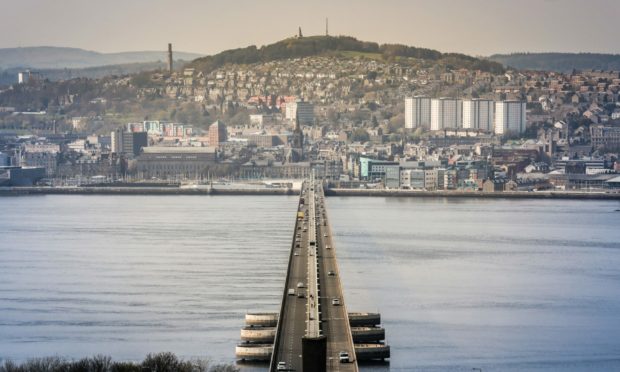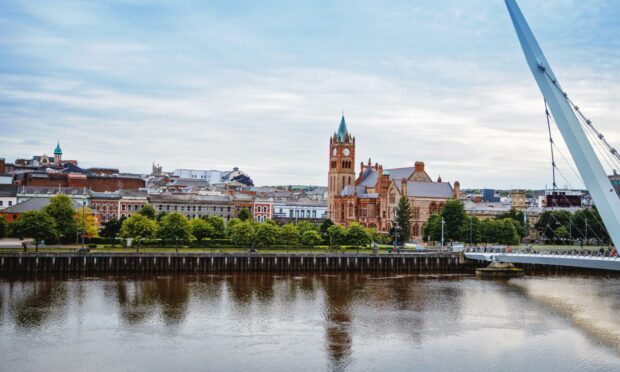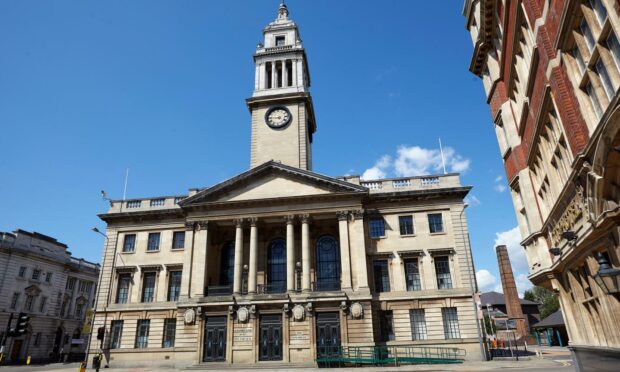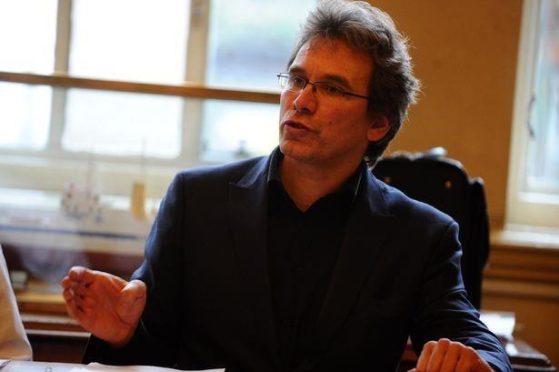Tayside and Fife could benefit from millions of pounds of investment and an influx of tens of thousands of visitors if it is successful in its bid to become UK City of Culture.
The Tay Cities region is among a record 20 applicants to take the title in 2025.
If successful, a number of events would likely be held across Tayside, Angus and Fife, while it would also benefit from a surge in tourism.
Dundee City, Perth and Kinross, Angus and Fife councils are working in partnership on the application.
Each of the previous winners – Londonderry (2013), Hull (2017) and Coventry, which holds the title this year – has seen long-term benefits.
The economic impact the status can make is clear in Londonderry, which was the first winners of the competition.
Londonderry 2013: Giving the city a lift
During its year as UK City of Culture in 2013, Londonderry welcomed more than a million visitors throughout the year.
It also hosted more than 400 events, with more than 40% of attendees travelling from outwith the city.
A total of 850 full-time equivalent (FTE) jobs were also created.
There was also a huge tourism boost, with overnight trips up by more than 60% on the year before.
Over the course of 2013, about £150 million was invested in the city. It is estimated that for every £1 spent, there has been a £5 return.
Conor Heaney is chairman of Derry City and Strabane District Council’s business and culture committee.
He said the title gave the city “a real lift” and was “an excellent experience” for local people
Mr Heaney said: “There was an injection of resources from central government and from the private sector.
“It did benefit the city greatly at the time with a number of high profile events locating themselves in the city.
“The All Ireland Fleadh Cheoil, which is a huge event with over 400,000 people attending, came north of the Border for the first time ever.
“It was something that has left a significant legacy.”
Mr Heaney said the legacy of the award lives on nearly a decade later.
He said: “There was an infrastructure created for some of the events. That gave the city a significant makeover.
“There was a real priority put in the planning that it would leave a legacy.
“I think most people would agree it has done that. The footprint is still here.”
Hull 2017: Raising the city’s profile
Hull was the 2017 winner and it too benefited from a significant economic boost as a result.
A study from the city’s university found an estimated £676m of new investment was generated for the city.
Nearly a third of new businesses started since 2013 said their creation was ‘mainly’ or ‘partly’ motivated by Hull being awarded UK City of Culture.
One in four businesses took on new staff during 2017 while there were 800 new jobs created in creative and tourism sectors between 2013 and 2016.
The title also added about £22m to the local economy, with tourism attributed for between £11 and £17m of that.
Hull City Council leader Daren Hale said the title was a good way of the city raising its profile.
“Although we are a port to Europe, you don’t tend to pass through Hull to get anywhere else in the UK.
“It was a good way of getting a load of people who wouldn’t normally come to Hull to experience some of our events.
“We often suffered quite a negative view.
“We tend to find that people leave with a better impression than when they arrived.”
The Hull council leader compared that situation with Dundee, which he said would benefit if the Tay Cities bid was a success.
He said: “The idea Hull would be a tourist destination when I moved here was laughable.
“It’s now a city breaks destination.
“We’ve got visitors attractions, lots of good museums and it’s a great place.”




